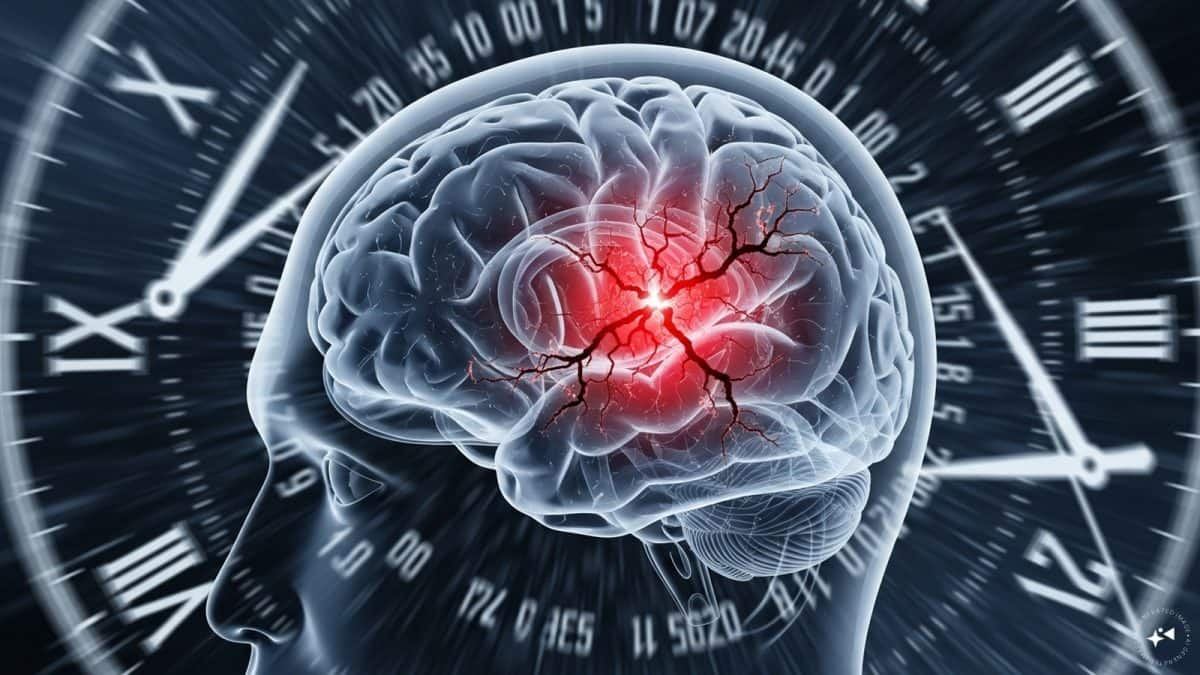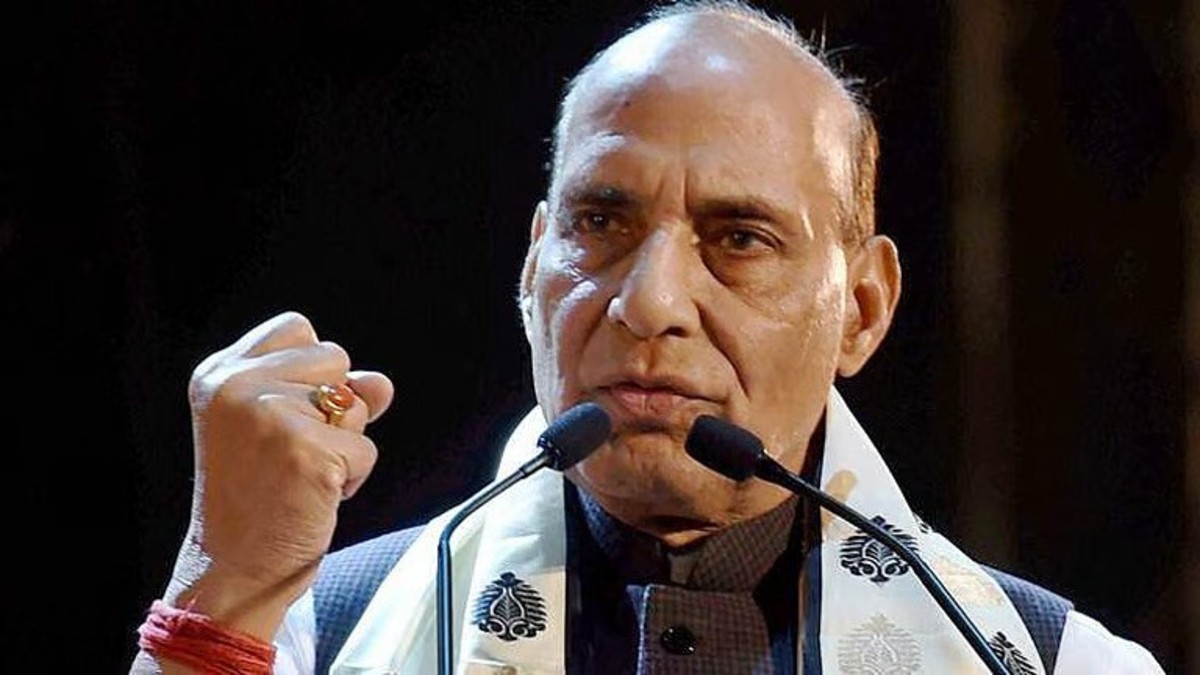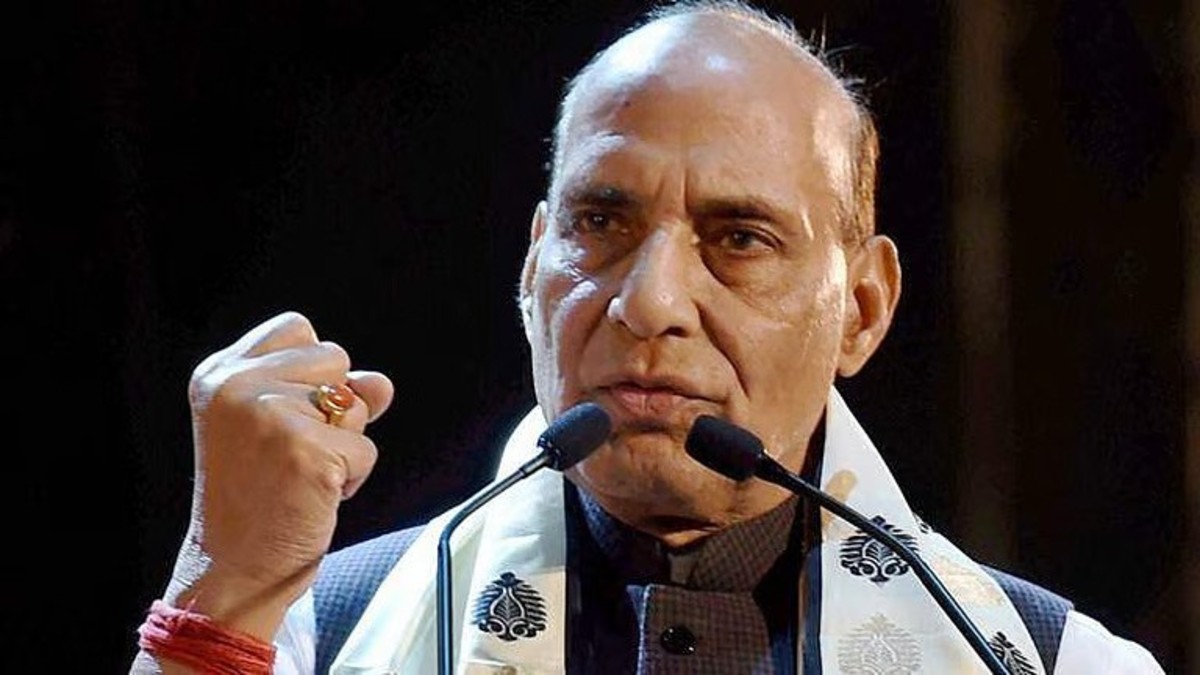Are Indian teenagers struggling with popcorn brain?
In today’s world, our brains are constantly exposed to stimuli. Whether it be watching television, checking your notifications on your phone or scrolling through social media, the next dopamine hit is never far away.
However, this has a tendency to leave us overwhelmed and unable to focus in search of our next fix.
But what do we know about popcorn brain? What do experts think?
Let’s take a closer look
What is it?
The term was coined way back in 2011. Its originator was David Levy, a researcher and computer scientists at the University of Washington. Levy, who has a PhD, defined it as “being so hooked on electronic multitasking that the slower paced life offline holds no interest”.
It can essentially be categorised as having a lack of focus combined with a relentless desire to multitask. It is usually brought about by an overuse of screens and social media. The fact that phones have to do with it is unsurprising.
“Popcorn brain refers to a mental state that is described as having a fragmented attention span, scattered thoughts, and rapidly switching from one topic to the other without hesitation," positive psychologist Reena Patel told PopSugar.com.
A 2021 peer reviewed study published in Frontiers In Psychiatry magazine showed that smartphone use can be devastating when it comes to developing brains. The study showed that excessive use of smart phones can result in cognitive and emotional issues and can literally negatively rewire the brain.
This is dangerous because at that age the prefrontal cortex of young people has not been fully formed. For those that do not know, the prefrontal cortex controls decision making and regulate emotions. There’s more evidence of this. A 2019 study found that preschoolers who spend over two hours per day on screens are more likely to have attention issues.
Impact Shorts
More ShortsSigns and symptoms
While it is mostly witnessed in teens, experts say it is also gaining prominence in those between the ages of 30 and 45. While popcorn brain has not officially been defined as a disease or a disorder, it is quite real.
Some of its symptoms include
Short attention span and scattershot thinking
Frequently switching from one topic to another
Difficulty focusing on a single job
Feeling mentally fatigued, anxious and stressed
Preferring to remain online rather than in the real world
This can have real world implications when it comes to studies, emotions and sleep patterns – all of which affect your quality of life.
As Don Grant, National Advisor of Healthy Device Management at Newport Healthcare, a behavioral healthcare provider, explained, “Mirroring some ADHD-type behaviors (but not an ADHD diagnosis), the term refers to the way popcorn kernels rapidly pop when heated and symptomatically reflects the rapid and disjointed nature of thoughts and information often experienced when mentally processing in this state.”
“The human brain has evolved to crave and seek out positive attention and social reinforcement, both of which trigger dopamine ‘hits.’ Thus, the positive reactions and content delivered through our social media engagement can automatically trigger this primitive drive,” Grant added.
What you can do
However, all is not lost.
There are simple steps you can take to rewire your brain starting today.
This can range from limiting your exposure to smartphones before bed and during meals, turning your notifications off, practicing meditation, yoga and mindfulness, to setting boundaries and doing digital detox.
The PLOS study also recommended at least two hours of organised physical activity for children every week as a way to reduce harm from screen exposure. The idea is to use technology as a tool to improve your life and not become its servant.
With inputs from agencies


)

)
)
)
)
)
)
)
)



